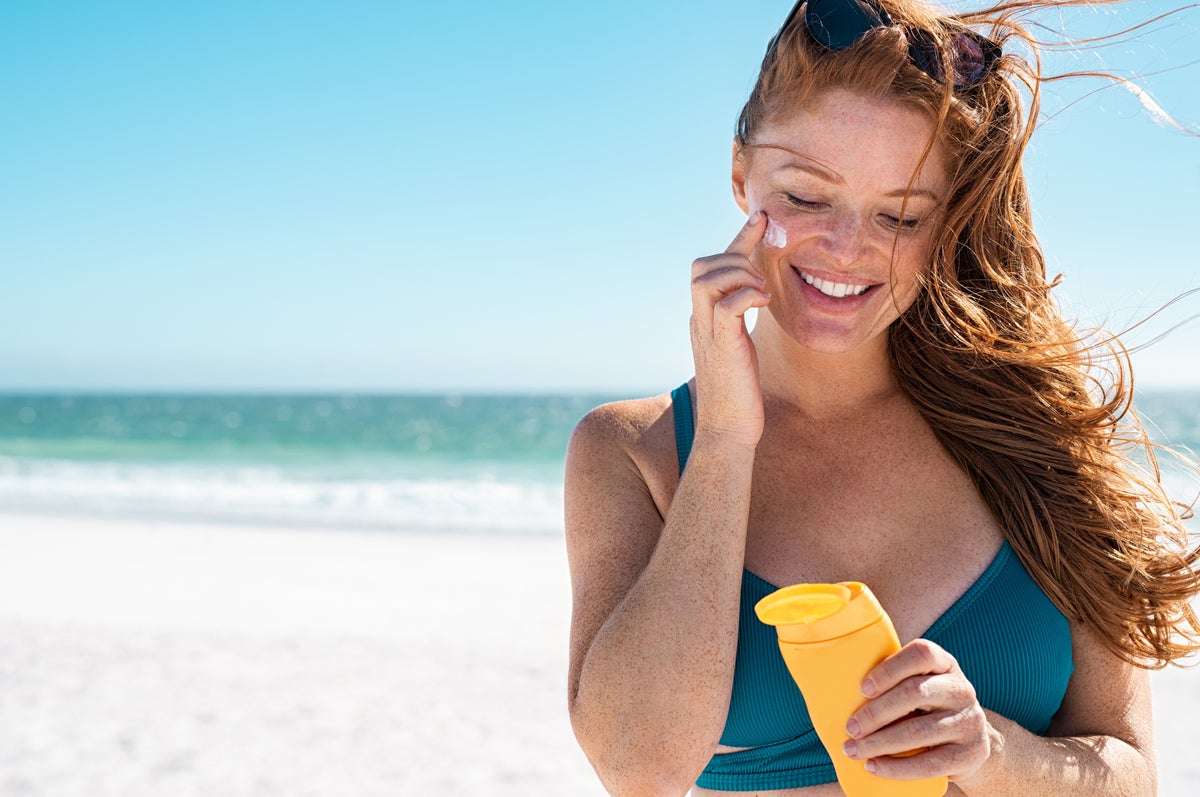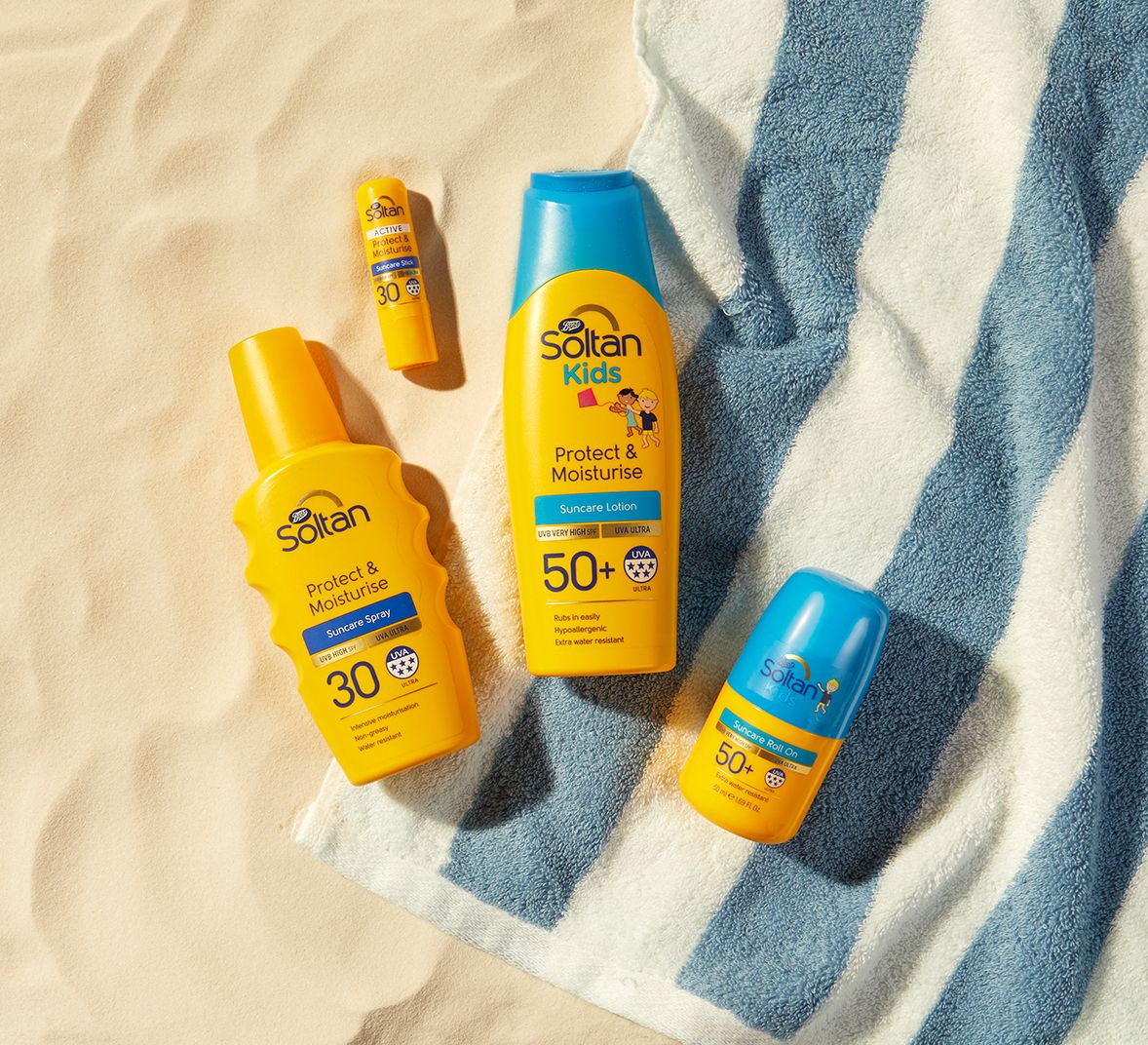
A sun cream brand has announced it will stop producing products with an SPF of lower than 15 for adults and 50 for children in a bid to lower the risk of developing skin cancer.
Boots’ own-brand sun cream range Soltan has stopped making SPF 8 products for adults and SPF 30 products for children as part of a partnership with Macmillan Cancer Support and a commitment to improving sun safety.
SPF (Sun Protection Factor) relates to the amount of UVB protection a product offers from the damaging effects of the sun.
The higher the SFP, the greater the protection from UVB rays and the lower the risk of developing skin cancer.
Soltan spokeswoman Clare O'Connor said: “Through our partnership with Macmillan, we're committed to taking action to improve sun safety.
“We know that using sunscreen is one of the main methods of keeping skin protected in the sun, so we want to support our customers to make a simple switch to protect their skin with higher SPF with UVA protection.
“This is particularly important for children, whose skin is more vulnerable to sun damage, so we want to help parents in choosing the highest protection available.”

Dr Anthony Cunliffe, national clinical adviser for primary care at Macmillan, said: “Initiatives like this are really important because wearing higher factor SPF, along with steps like spending time in the shade, can provide better protection from the sun and lower your risk of developing skin cancer.
“Anyone with concerns about changes to their skin should contact their GP, and they can also chat to specially trained nurses on the Macmillan support line.”
Cases of skin cancer have hit a record high in England, with around one in five people affected during their lifetime, recent data suggests.
According to figures analysed by NHS Digital and the British Association of Dermatologists, the number of skin cancers recorded has risen by 26 per cent between 2013 and 2019.
The British Skin Foundation recommends using an absolute minimum of SPF 30 or more, adding that no sunscreen provides absolute protection and should be used in conjunction with time in the shade, covering up and a hat.
They advise using a waterproof sunscreen, even if you are not swimming, as it protects you better if you sweat in the heat.
Apply the sunscreen 20-30 minutes before going outside, and at least every two hours. “If you swim or sweat a lot, use it more often,” they state. “Remember using a towel or lying back on a fabric sunbed can rub the sunscreen off.”
They also advise sunbathers to check the expiry date of your sunscreen, as out-of-date products offer less protection.







